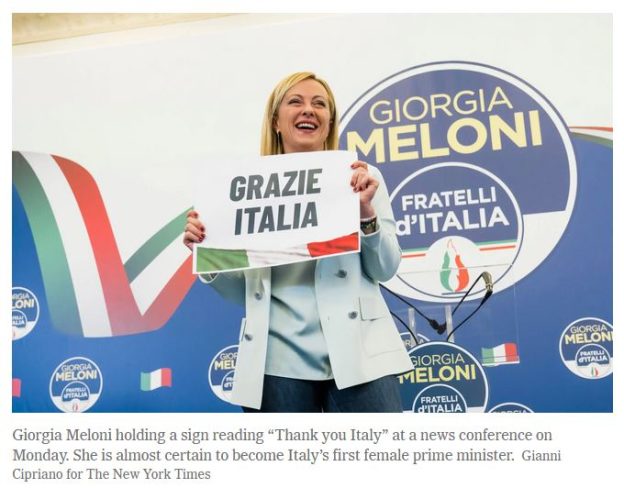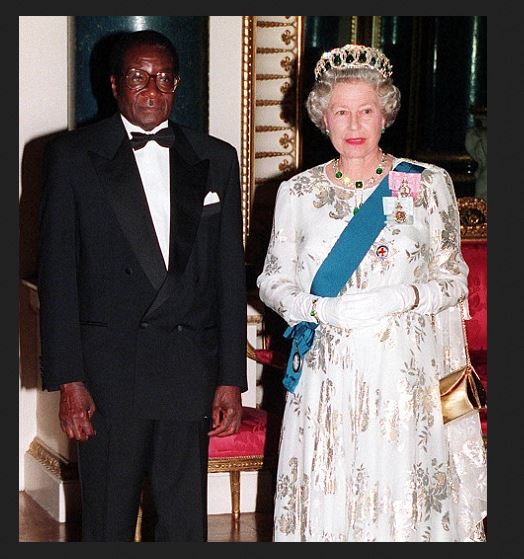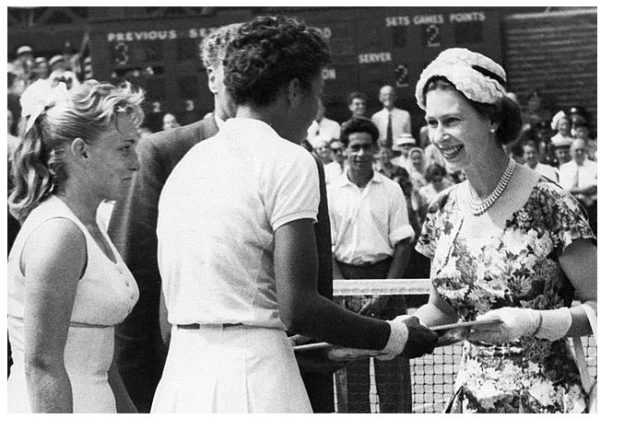“The Paleolibertarian Guide to Deep Tech, Deep Pharma & the Aberrant Economy” by Ilana Mercer: A RECKONIN REVIEW by ~ CLYDE WILSON, distinguished Professor Emeritus of History at the University of South Carolina. He is the author or editor of over thirty books and published over 600 articles, essays and reviews. Dr. Wilson is also is co-publisher of Shotwell Publishing, a source for unreconstructed Southern books.
LIBERTARIANS rightly understand that economic freedom goes along with individual liberty and prosperity. But American libertarians have become, it seems, advocates of a solipsistic individual will and license. The sovereign individual is an imaginary beast that does not exist. Paleolibertarians like Ilana Mercer understand that man lives in a community, the virtues of which are necessary for capitalism and which is his best protection from intrusive government. And such virtues do not fit any and every society.
In this incisive chapter-and-verse exposé of the current American regime, she argues that the state, which now represents a merger of government and large corporations, is presiding over the destruction of American civil society. That is the nature of the touted global economy and global politics.
Mercer’s description of the American economic and social condition will not find disagreement from any Reckonin’ reader. “The business of life,” she writes, “one’s livelihood, and the locality in which one lives and loves – these are the property repositories for conservative loyalties.”
Living standards of the middle and working classes are falling. You would think this would bring the attention of public leaders. Instead, they are busy promoting ethnic chaos, genocide, and sodomy here and abroad. The Covid lockdown killed 3.3 million small businesses; the homeless now include more and more families; Deep Tech claims to need to import foreign talent (Republican boilerplate) while firing Americans. Differences in wealth distribution are higher than ever seen in history.
Our leaders don’t seem to see any problem with their ways. They don’t notice catastrophic debt and overextended, wasteful, and incompetent military as problems, despite their contribution to the “aberrant” economy.
Mercer’s treatment of health tyranny, immigration, and outsourcing is informative and hard-hitting. “The free flow of goods across borders is not to be confused with the free flow of people across borders…. The very stuff of life has been contracted out. Not mere jobs, but careers; not just some products, but entire production lines; not one or two manufacturing plants, but the means of production.”
The author advocates and illustrates a preference for good old common sense. Common sense was long the undergirding of our Anglo-American law and way of life. Why have so many abandoned it, as in the Covid fraud, for the authority of phony “expertise”?
Mercer is always a fun read because of her creative labelling: castrati Republicans, Washington wokerati, FixNews, ConOink, Learjet liberals, bafflegab for bureaucratic and progressive discourse, ‘Walmart with Missiles’ for the present U.S.




